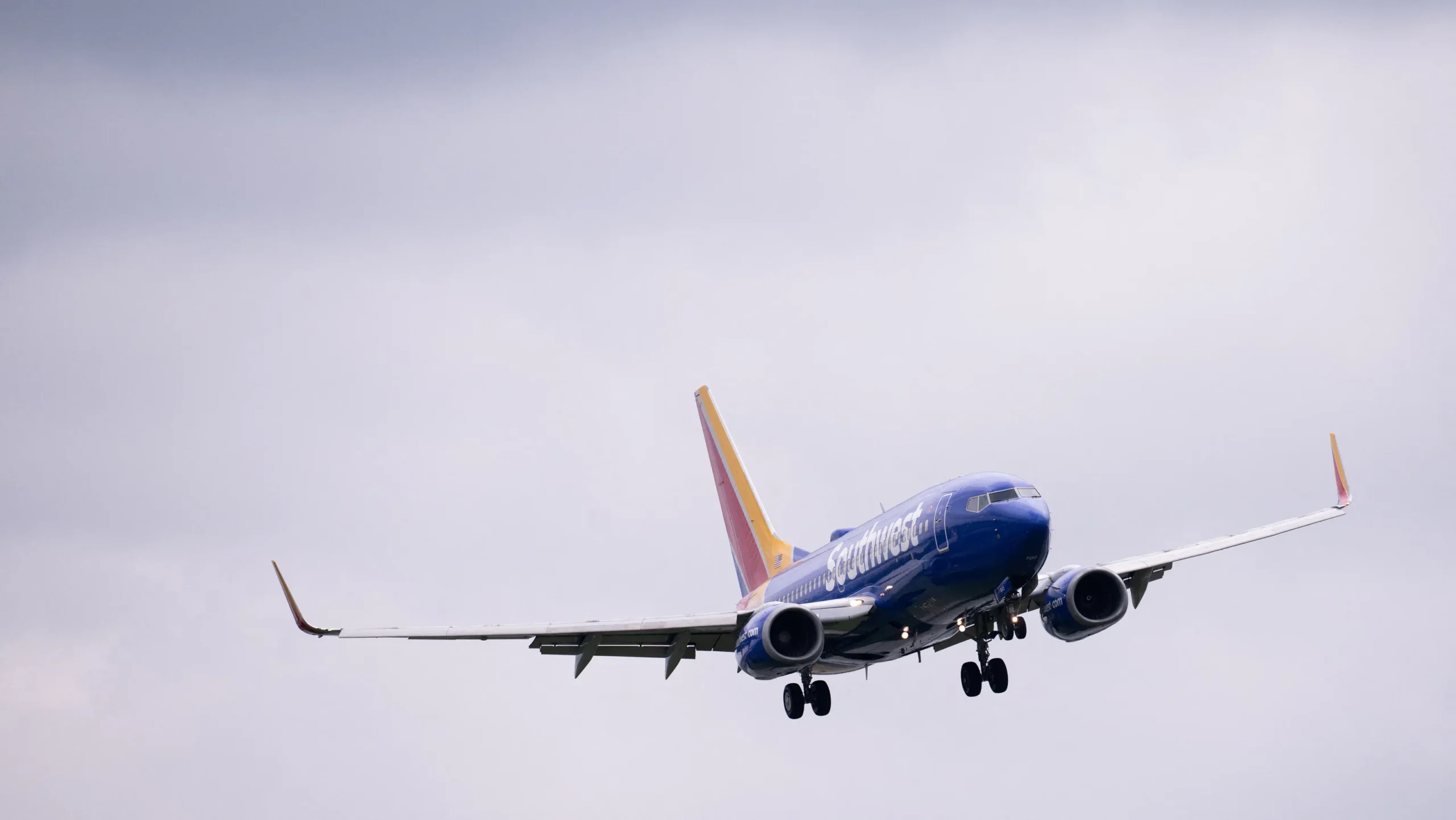
Why you shouldn’t throw away your boarding pass after flying, plus Asheville Airport update
How did your country report this? Share your view in the comments.
Diverging Reports Breakdown
Why you shouldn’t throw away your boarding pass after flying, plus Asheville Airport update
The Asheville Airport is undergoing construction with a new terminal expected to be completed by late 2027. Boarding passes contain codes that communicate passenger and itinerary details to airport staff. SSSS codes mean the passenger has been selected for additional screening, which can include luggage searches, pat-downs and additional questioning at the TSA checkpoint. Some airlines use acronyms instead of PNR to list the code that contains information about a passenger’s itinerary. Experts recommend flyers shred their paper boarding passes after travel, or board using their mobile phones instead of using a boarding pass to look up information about their flight on the internet. The International Air Transport Association sets standards for bar codes on boarding passes, which include the size of the code, its readability and securing codes for fraud prevention. The most coveted sequence code is “SEQ 001,” which means the passenger is the first to board, according to FlyerTalk, a travel website. The new terminal will be complete within 4.5 years of the beginning of the project.
The Asheville Airport (AVL) is undergoing construction with a new terminal expected to be completed by late 2027.
If you have summer travel left on your 2025 calendar, you should know that your boarding pass contains more info than your plane seat and gate number.
Many Americans are unaware that boarding passes actually include codes that communicate details about passengers and itineraries to airport staff. These codes can include unique alphanumeric codes identifying reservation details, acronyms identifying a passenger’s place in the boarding lineup and letters used to identify a passenger’s fare class.
Passengers who are familiar with these inclusions may dread codes such as SSSS, which means they’re destined for additional security screening. Here’s what else air travelers should know about these codes, what to do with boarding passes after travel is complete, a quick rundown on the Asheville Airport and more.
What do codes on boarding passes mean?
Some of the most common codes found on boarding passes include:
SSSS: Secondary Security Screening Selection. These letters mean the passenger has been selected for additional screening, which can include luggage searches, pat-downs and additional questioning at the TSA checkpoint.
PNR: Passenger Name Reference. It’s an alphanumeric code used to uniquely identify a passenger’s itinerary and basic information about them. Travelers need their PNR to look up information about their flights.
ET or ETKT: Electronic Ticket. Some airlines use these acronyms instead of PNR to list the code that contains information about a passenger’s itinerary.
FQTV: Frequent Traveler. This code indicates the traveler is registered with the airline’s frequent flyer or loyalty program.
SEQ or SEQ NO: Sequence number. It indicates the passenger’s place in boarding. Flyers discussing the code on the travel website FlyerTalk said the most coveted sequence code is “SEQ 001,” which means the passenger is the first to board.
BCBP: Bar-Coded Boarding Pass. It’s a bar code that contains passenger information and is scanned to board a plane. The International Air Transport Association sets standards for bar codes on boarding passes, outlined in a lengthy guide; these include the size of the code, its readability and securing codes for fraud prevention.
S/O: Stopover. The flight includes a layover in one or more airports.
SPTC: Stopover Paid by the Carrier. This means the flight includes a layover that lasts longer than a few hours. It also signals overnight accommodations may be included.
A or F: Indicates a first-class ticket.
J: Business Class. It indicates the passenger’s ticket is for a full-price business class fare.
Y: Economy Class. Most airlines use this code to indicate the passenger is in economy class.
What triggers SSSS?
The TSA does not publish guidance that explains why people are selected for secondary screening. Anecdotal evidence suggests people are selected for various reasons, which can include:
Unusual or suspicious travel patterns.
Mistaken identity, often because the passenger’s name appears on a TSA watchlist.
One-way international flights.
Last-minute flights.
Purchasing tickets using cash.
Traveling to destinations flagged by the U.S. Department of State as high-risk destinations. Some places are more likely to trigger SSSS than others; The Points Guy wrote that it comes up frequently when traveling to and/or from Turkey.
Behavior at the airport that the TSA thinks raises suspicions.
Random selection.
Is it OK to throw away boarding passes?
Travel publications like Conde Nast Traveler and security experts like Brian Krebs of KrebsOnSecurity urge travelers not to throw out paper boarding passes, even after their flight has ended.
Because a boarding pass contains so much personal information about a traveler, scammers who find discarded boarding passes can use that information to access their accounts. That’s why travel and security experts also advise against posting photos of a boarding pass online.
Experts recommend flyers shred their paper boarding passes after using, or board using their mobile phones instead.
When will Asheville Airport construction be complete?
Officials aim to complete the new AVL terminal within 4.5 years of the project’s beginning in August 2023. As it is being completed in phases, much of the new terminal will be available before the project is complete, including the north concourse which was opened on June 25, 2025.
Visit the project microsite at flyavl.com/AVL_forward for more information.
What airlines fly out of AVL?
Asheville Airport is served by Allegiant, American Airlines, Delta, jetBlue, Sun Country Airlines and United.
Michael Salerno, USA TODAY NETWORK, contributed to this report.
Iris Seaton is the trending news reporter for the Asheville Citizen Times, part of the USA TODAY Network. Reach her at iseaton@citizentimes.com.
